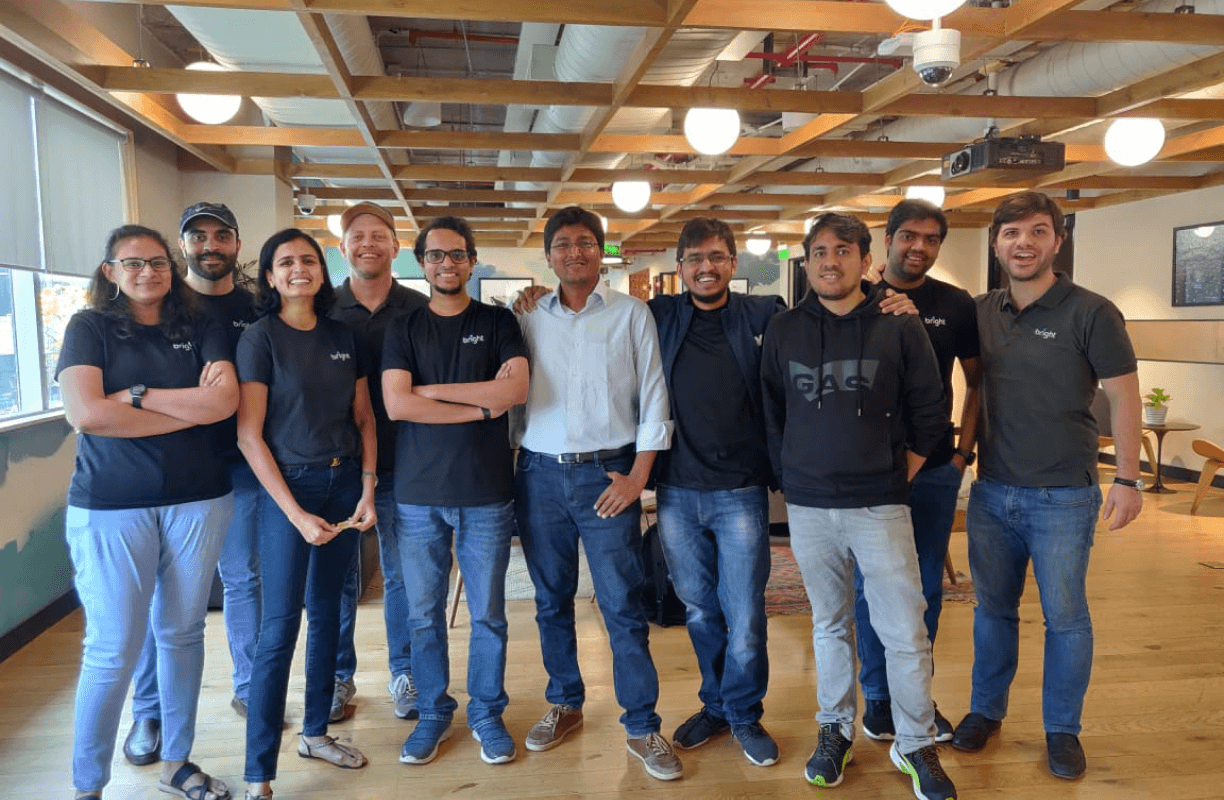You are now leaving the Bright website and entering a third-party website. Bright has no control over the content, products, or services offered, nor the security or privacy of information transmitted to others via their website. We recommend that you review the privacy policy of the site you are entering. Bright does not guarantee or endorse the products, information, or recommendations provided on any third-party website.
An elusive paradise of products....
First and foremost, Products build Brands.
How many countries have the capability to build high-quality consumer products, at scale? You can count all examples on two hands.
The countries themselves now stand for high-quality products, because of generations of association with their export quality:
- The Swiss for watches and chocolates.
- The Germans for luxury cars.
- The French for wine and champagne.
- The Japanese for affordable cars and electronics.
- Italians for fashion and textiles.
- The British and now Americans for Education.
- The South Koreans for Electronics.
- And China is now emerging for mobile phone technology.
Building this capability from scratch is achievable. It is not an innate phenomenon.
The South Koreans were so devastated as a nation following the Korean War in 1953 that African nations and India were sending foreign aid.
South Korea actually had a lower GDP per capita than India at this time - just imagine that for a moment. Today its GDP per capita (by PPP) is 5-6x that of India’s. South Korea is 15x bigger by dollar value.
Consumer exports had their part to play. Two generations later, South Korea now produces global consumer brands that the majority of middle-class Indians desire as a mark of progress: a) Samsung and LG home electronics for their families; and b) Samsung mobile phones for millennials.
So it is possible to build this capability, and yet it’s elusive.
Building high-quality branded products at scale is not straightforward. No matter what naive ideological governments like to believe, it is not manufactured overnight by government-instigated national propaganda.
We see 4 areas of capability that you need:
A. A culture for quality in society - where employees are hired
B. Practices of Product design for markets - a nurtured vocation
C. Institutions for sustained quality - the organization
D. A calling for excellence - typically, a celebration of national pride or identity
A. Culture of quality (from where employees are hired)
Individuals who have an awareness of high quality: “if you haven’t seen it, you really don’t know it exists” (For example, Howard Schultz of Starbucks learned Americans were drinking disgusting coffee only when he experienced Milan cafes.)
Individuals who have a desire to experience quality: “to delight in the gourmet.” For example, the French had to delight in their art of wine-making before they could market it to the world as the very best.
Individuals who can build attention to detail in what makes quality: “a trained eye for the finer arts.” For example, what happens when you ask an Italian man to comment on your sense of dress and style. (I have personally been through this ordeal several times, quite often receiving unsolicited feedback. Though perhaps, it has done me some good.)
B. The Practices of Product Design
A practice of Product-to-Market design that is relentless, even desperate: “the desperate drive to really crack it, what is the product that will break through for the market.” For example, the Japanese desperately wanted automobile export growth in the US to rebuild their country’s wealth post-WWII.
A process for product holism - always stepping back and saying, “does this really work?” For example, Steve Jobs saying, “why is that iPhone screw in the wrong f*cking place?”
C. Institutions for sustained quality
Systems for continuous market learning and product feedback. For example, the invention of the Swatch brand in the 1980s to recapture a new affordable market - with the same hallmarks of Swiss quality.
Systems for scrutiny in production. For example, the Toyota system of any single worker on the line being able to completely halt production if they spotted a part defect.
Systems for ultimate assurance of output. For example, the Japanese lean manufacturing method or the Six-Sigma method of Motorola and GE, which have subsequently spawned an industry of management consultants.
D. A calling for excellence that persists
Cherishing Pride and Identity. For example, the Swiss national identity closely tied up with chocolate-making, and the German manufacturing identity tied to brands such as BMW and Mercedes-Benz. You should hear with what pride Alex - our co-founder - will refer to German-level quality in our output.
Vigilance in nurturing excellence. Countries known for quality create entire vocations and institutions for human capital development, and to celebrate excellence. For example, consider the French Cordon Bleu for French cuisine.
Turning to India
India - in her current situation - needs to grow an environment to produce high-quality consumer products.
All the macroeconomic evidence of 29 years of decent but modest growth show that it is near-vital for India to reach sustained levels of 9%+ year-on-year growth in GDP. In short, India would need to become a consumer product export economy if she wants to grow faster.
India’s edge can be the production of Consumer Technology, which should not come as a surprise.
Some of India’s challenges to overcome include (in no particular order, and not exhaustive):
- The practice of “corner cutting” and “quick fixes” perhaps associated with Jugaad (an “end justifies means” culture)
- Finding inspirational examples - there are no strong consumer export examples to date, though domestic examples are growing. “Prosumer Tech” might be on the verge of providing SaaS flag-bearers, e.g., fresh works among others.
- As Daniel Coyle points out in the Talent Code, high performance is maintained in a self-sustaining ecosystem constantly reinforcing its high-quality output. No surprise that certain cities in the world have become synonymous with particular products and services. For some period, they built strong reinforcing ecosystems where the boundaries were constantly pushed, and they exported that quality. Today, Milan for fashion brands. Historically, Hyderabad for pearl production.
A middle class that is fixated on only “foreign products” as a standard of quality -- the Indian psyche needs to imagine that Indian products can be world-worthy.
We - at Bright - are a Consumer Tech company with our ‘manufacturing presence’ in India.
We are building our own microcosm culture and systems for high quality - we will share our emerging playbook in a subsequent post.



